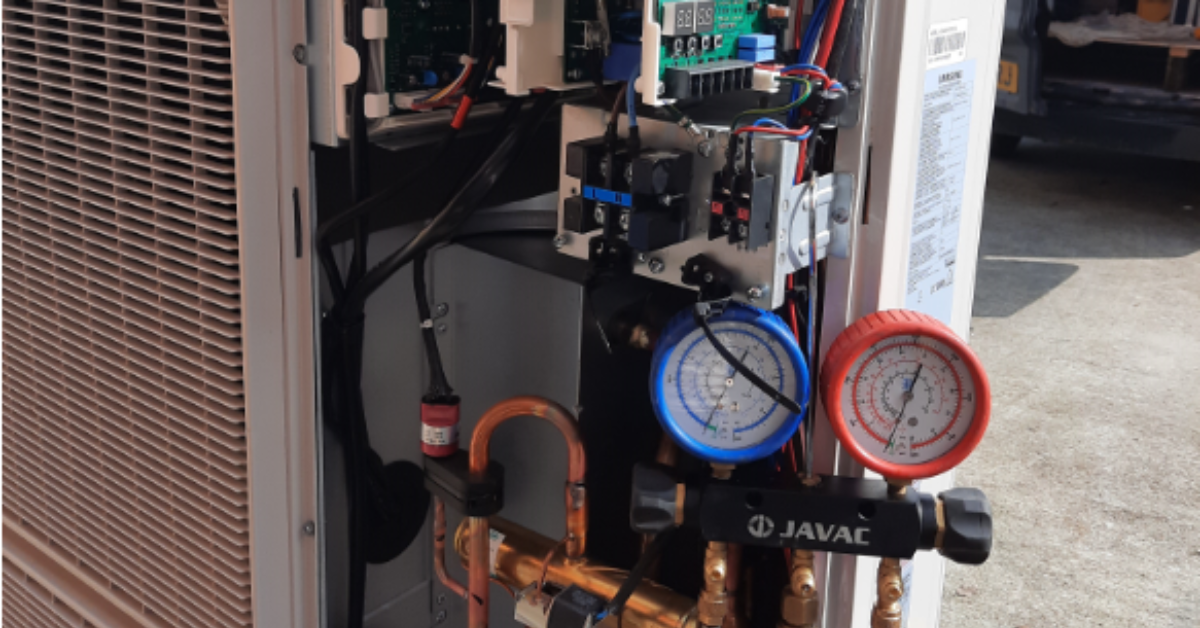How to Gauge Electric Heat Pumps Efficiency?
Electric Heat Pumps are becoming increasingly popular for heating and cooling homes due to their energy efficiency and environmentally friendly operation. Understanding how to gauge the efficiency of these systems is crucial for homeowners looking to maximize energy savings and ensure optimal performance. This guide will walk you through the key metrics and factors to consider when evaluating electric heat pump efficiency.
Key Metrics for Gauging Heat Pump Efficiency
1. Seasonal Energy Efficiency Ratio (SEER)
The Seasonal Energy Efficiency Ratio (SEER) measures the cooling efficiency of a heat pump over an entire cooling season. It is calculated by dividing the total cooling output (measured in BTUs) by the total electric energy input (measured in watt-hours) during the same period. Higher SEER ratings indicate better energy efficiency. The minimum SEER rating for new heat pumps in the United States is 14, but high-efficiency models can have SEER ratings of 20 or higher.
2. Heating Seasonal Performance Factor (HSPF)
The Heating Seasonal Performance Factor (HSPF) is the counterpart to SEER for the heating cycle. It measures the total heat output over the heating season compared to the total electricity consumed. An HSPF rating of 8 or above is considered efficient, with top-performing models achieving ratings of 10 or more.
3. Coefficient of Performance (COP)
The Coefficient of Performance (COP) measures the efficiency of a heat pump at a specific point in time, rather than over a season. It is the ratio of heating or cooling output to energy input. For example, a COP of 3 means the heat pump produces three units of heat for every unit of electricity consumed. While SEER and HSPF provide a seasonal view, COP offers immediate insight into performance under specific conditions.
4. Energy Efficiency Ratio (EER)
The Energy Efficiency Ratio (EER) is similar to SEER but measures the efficiency at a specific outdoor temperature (usually 95°F). EER is useful for understanding performance during peak cooling times. Higher EER ratings indicate better efficiency, which can be particularly important in hotter climates.
Factors Affecting Heat Pump Efficiency
1. Climate
The efficiency of a heat pump can vary significantly based on the climate. In milder climates, heat pumps generally perform more efficiently because they have less extreme temperature variations to handle. Conversely, in very cold or very hot climates, the efficiency can drop as the heat pump works harder to maintain comfortable indoor temperatures.
2. Installation Quality
Proper installation is critical for maximizing the efficiency of a heat pump. Poor installation can lead to issues such as air leaks, incorrect refrigerant levels, and insufficient airflow, all of which can reduce efficiency. It’s important to hire experienced and certified HVAC professionals to ensure the system is installed correctly.
3. Regular Maintenance
Routine maintenance, including cleaning filters, coils, and fins, and ensuring refrigerant levels are optimal, helps maintain peak efficiency. Neglecting maintenance can lead to reduced efficiency and higher energy bills over time.
4. Thermostat Settings
Setting your thermostat to a moderate temperature can improve efficiency. Overworking your heat pump by setting extreme temperatures can cause it to run longer and less efficiently. Programmable and smart thermostats can help optimize settings for both comfort and energy savings.
5. System Size
Choosing the right size heat pump for your home is crucial. A system that is too large or too small will not operate efficiently. An oversized unit will cycle on and off frequently, wasting energy, while an undersized unit will run continuously, struggling to meet demand.
Conclusion
Gauging the efficiency of electric heat pumps involves understanding key metrics like SEER, HSPF, COP, and EER. Additionally, factors such as climate, installation quality, regular maintenance, thermostat settings, and system size play significant roles in overall efficiency. By considering these elements, homeowners can make informed decisions, ensuring their heat pumps operate at peak efficiency, providing comfort while saving on energy costs.
Investing in an efficient heat pump and maintaining it properly not only reduces energy bills but also contributes to a greener, more sustainable environment. For those looking to upgrade or install a new system, consulting with a professional to choose the right model and ensuring proper installation is the first step toward long-term energy efficiency and comfort.
By focusing on these metrics and factors, you can effectively gauge the efficiency of your electric heat pump and make informed decisions that benefit both your wallet and the environment.






